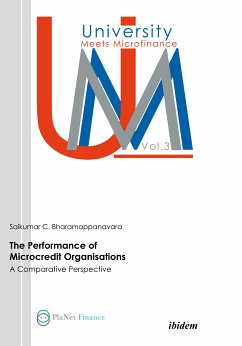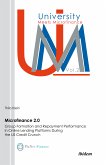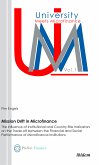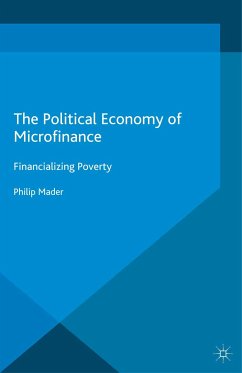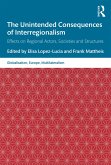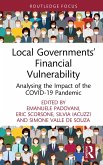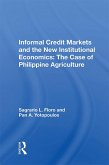Self-Help Group (SHG) microcredit is emerging as a springboard of developmental finance for Income Generating Activities (IGAs) in rural areas of India, serving the cause of the landless, small, and marginal households. SHG peer pressure is the primary driver of impressive repayment performance. Present field research in India reveals that homogeneity of SHG members and freedom of participation in SHG deliberations are primarily responsible for strengthening collective action. Specifically, the savings and loan per capita, satisfactory performance of organisation, awareness of SHG linkage, the family size, and age-induced responsibility were found to strongly influence the economic performance of SHGs. These are the key drivers of sustainability of SHGs for their welfare. Using empirical evidence, Saikumar C. Bharamappanavara demonstrates the emergence of prime factors determining the performance of SHGs in India by examining their organisational behaviour and recommends appropriate policies for social cloning.
Dieser Download kann aus rechtlichen Gründen nur mit Rechnungsadresse in A, B, BG, CY, CZ, D, DK, EW, E, FIN, F, GR, HR, H, IRL, I, LT, L, LR, M, NL, PL, P, R, S, SLO, SK ausgeliefert werden.

